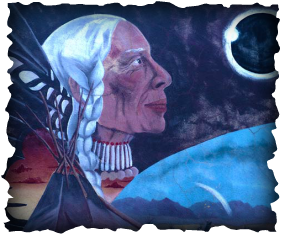 Image by graphic arts
Image by graphic arts All religions that I've come across believe they're right and have a strong sense of mission even though they insist they're not proselytising. Mission of course is not the same as proselytisation though for many people the two are confused. To want to share one's faith, to share its wisdom, to want people to know the best of our faith, to understand the values and benefits of its practice is natural, I think. Some faiths that claim not to be missionary have courses and public meetings, publications etc to promote an understanding of their faith. If this is not mission what is it? What makes it acceptable is that it is on offer to be accepted or rejected with no compulsion to convert.
March's Jesuit on the British Province calendar to mark the 200th anniversary of the restoration of the Society of Jesus is a missionary I had never heard of: Pierre-Jean de Smet who, although Belgian, entered the Jesuits in North America in 1821 and worked with North American Indians. No doubt motivated by a passionate missionary zeal and wanting people to be baptised he came to know and respect the people among whom he lived and worked. He ventured into uncharted territories, met and got to know many of the North American tribes and worked for reconciliation and peace between them. Interesting to me was that he was accompanied on at least one of his voyages by six Sisters of Notre Dame, members of my own religious community.
His work was done against a background of brutality and violence against the native tribes, the degradation of their culture as a result of the whiskey trade and the expansion of white settlers into their lands. He dreamed of establishing settled communities that would ensure peace between the tribes and legitimise their claims on their threatened territory. He worked with the native tribes and American Government to broker peace treaties. In spite of all of de Smet's efforts peace was never achieved. Of all the 500 or so treaties made with the Indians over a period extending from the foundation of the United States until the early years of the 20th century, all were ultimately broken.
Did he fail as a missionary? His desires and hopes for the native tribes didn't materialise. But he did show what the Christian gospel was about and therefore what missionary work is all about - to encounter others with a heart full of compassion, to show respect for their customs and ways, to have the courage to enter into the unknown, to work to establish friendships, and work for the good and wellbeing of others. In this context sharing truth becomes an exercise in mutual enrichment, a meeting of minds and an exploration of truth. This is much more impressive to my mind than thousands of converts won over by charismatic teaching or persuasive arguments. Given this approach missionary zeal is not to be feared but to be encouraged as a contribution to peace and reconciliation.

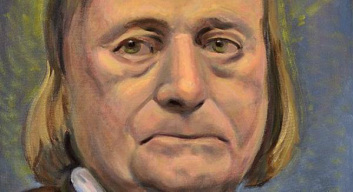
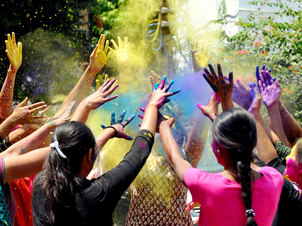
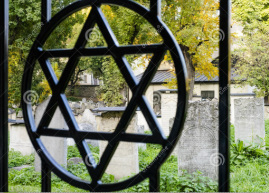
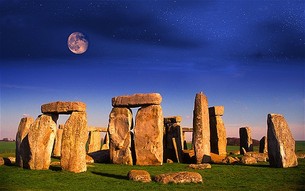

 RSS Feed
RSS Feed
